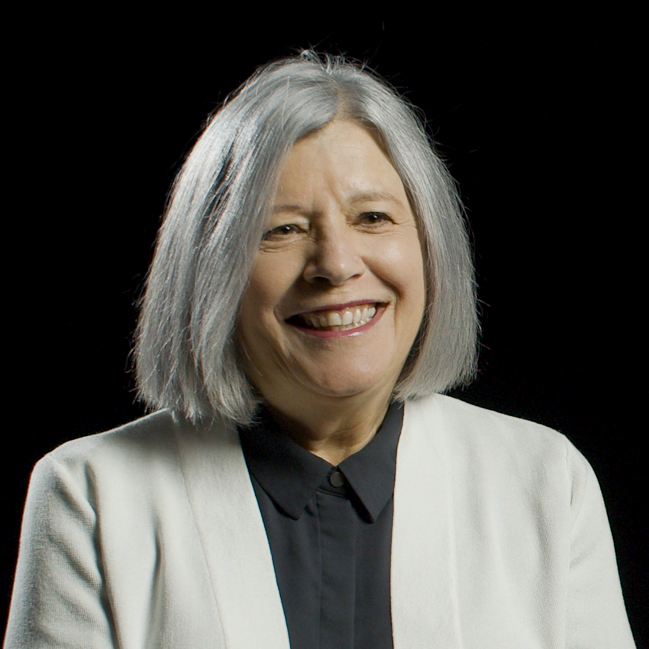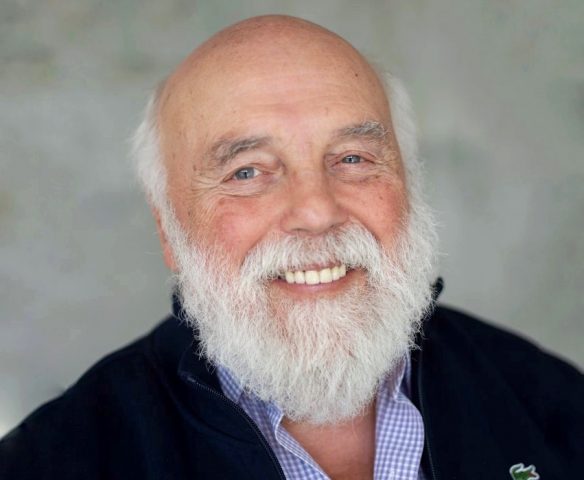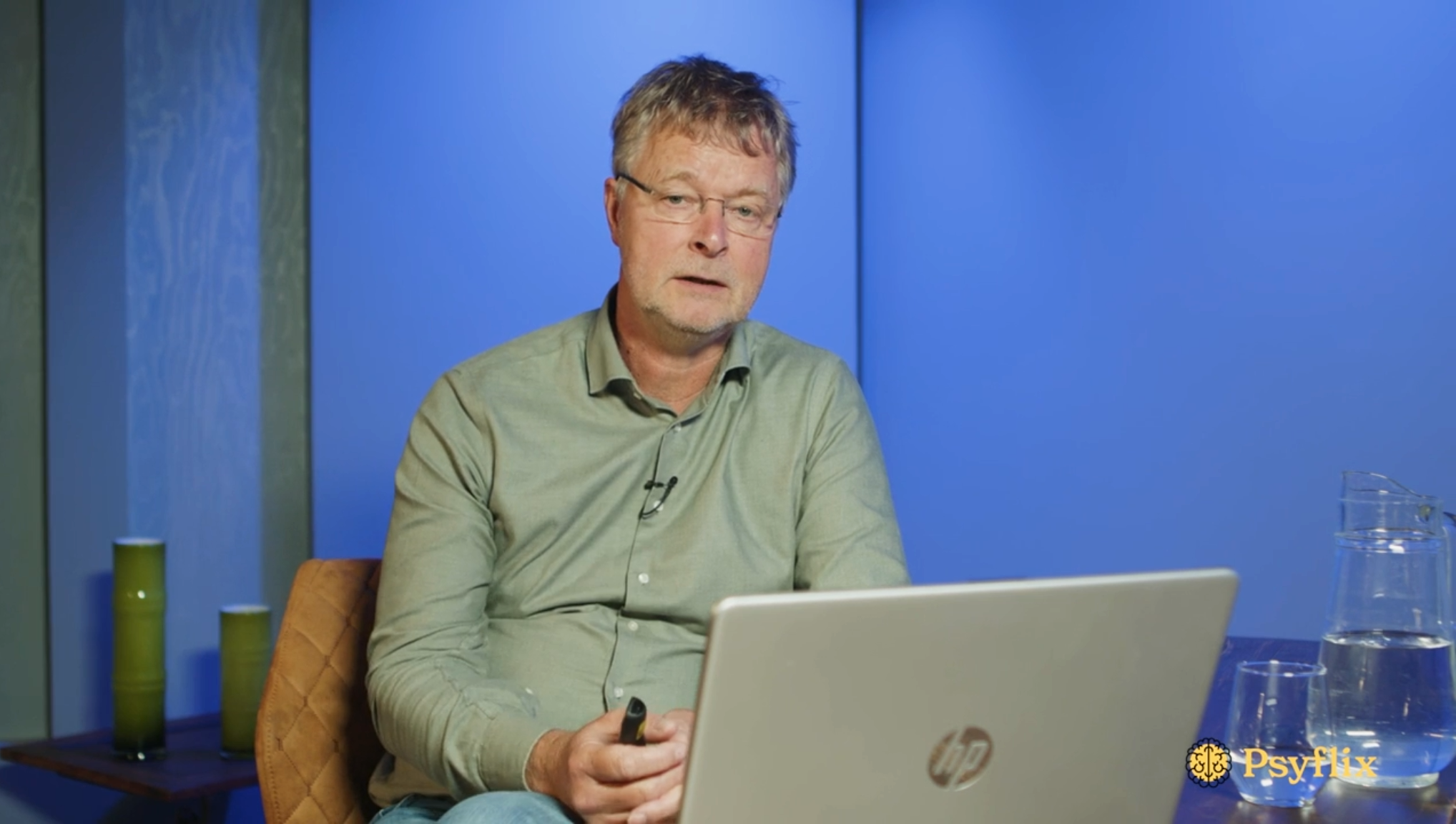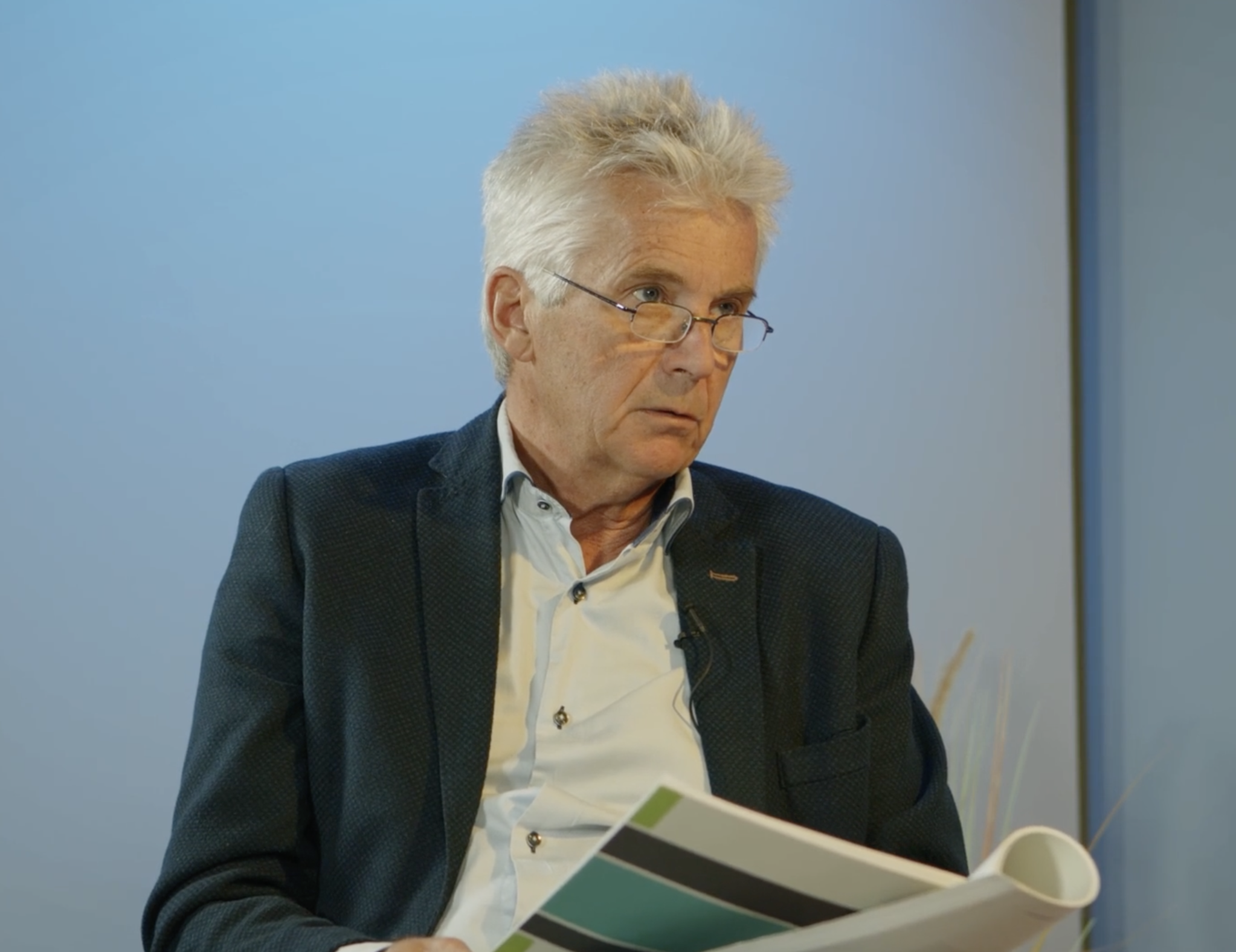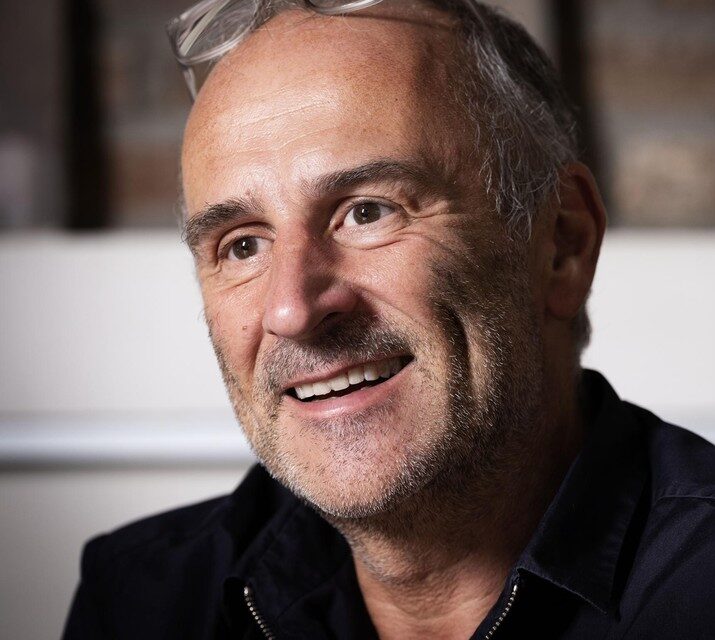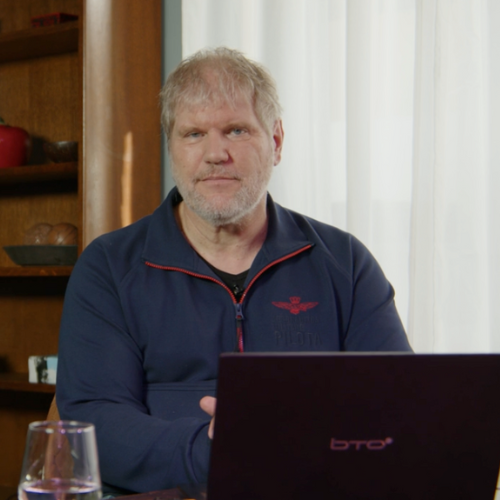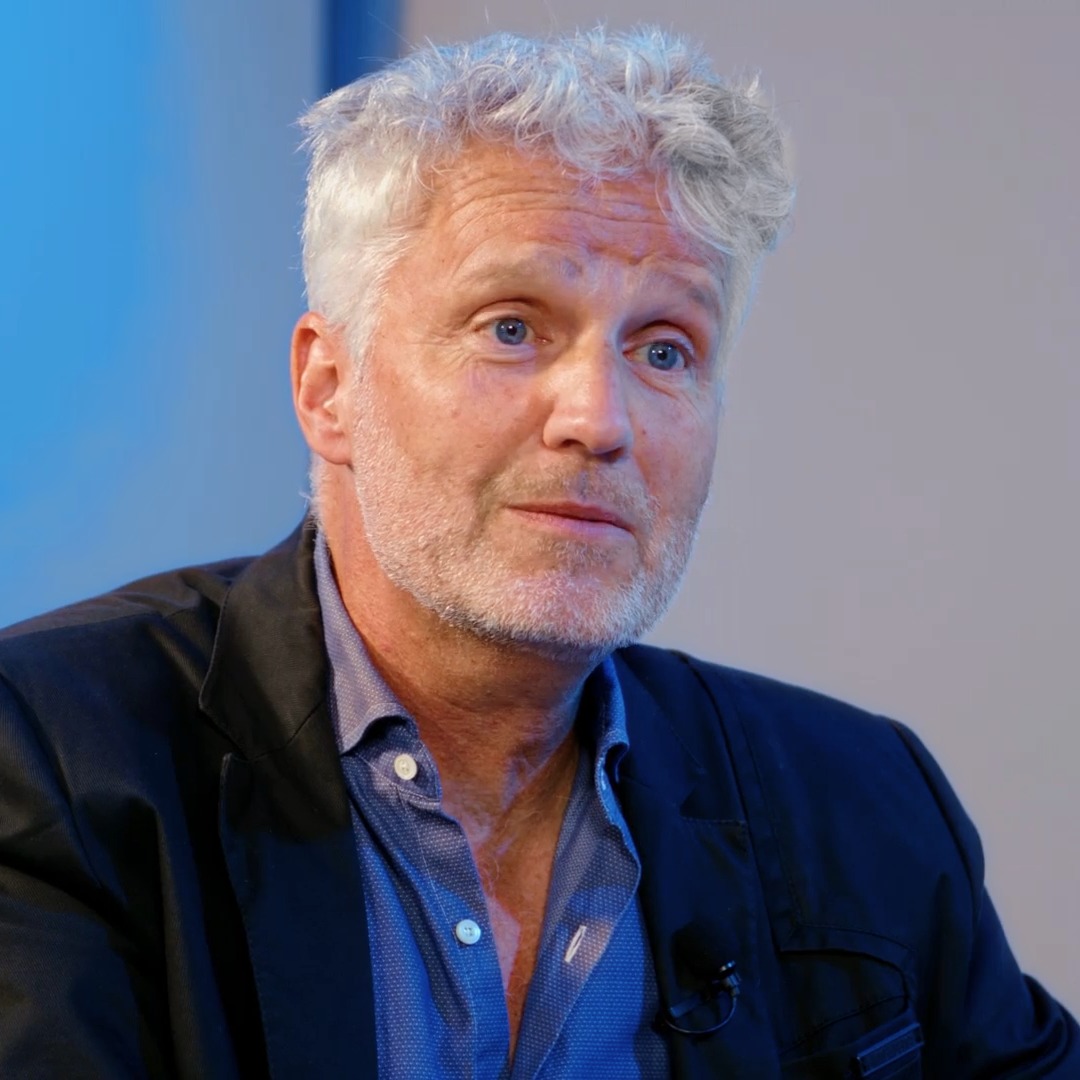Purpose of the course
The purpose of this workshop is to teach participants how to implement Cognitive Processing Therapy (CPT) protocols for post-traumatic stress disorder (PTSD). CPT is a highly systematic, evidence-based approach to the treatment of PTSD in which participants learn to think differently about their traumatic events and develop the skill of more balanced thinking. The training includes both didactic and interactive learning sessions and video-recorded examples spread over two days.
For whom.
Mental Health Professionals.
Learning Objectives
- Describe a functional model of PTSD
- Demonstrate the difference between assimilation, accommodation and over-accommodation
- Understand the structure of CPT, including the format and goals for each treatment session
- Identify and practice addressing common "stuck points" of clients with PTSD
- Demonstrate Socratic dialogue to challenge stuck points
- Understand how to use the treatment tools that accompany the CPT manual
Learning Methods
- Lecture
- Role Play
- Video examples
Key
Multiple choice questions.
Required literature
Resick, P. A., Monson, C. M. & Chard, K. M. (2024). Cognitive Processing Therapy for PTSD: A Comprehensive Therapist Manual, Second Edition. New York: Guilford.
About Patricia
Patricia A. Resick, Ph.D., ABPP is professor emeritus of psychiatry and behavioral sciences at Duke University Medical School and adjunct professor at the Medical University of South Carolina. After receiving her Ph.D. in psychology from the University of Georgia, Dr. Resick worked as an assistant and associate professor at the University of South Dakota. She also worked as associate to full professor at the University of Missouri-St. Louis and was awarded an appointed chair, Curator's Professor, in 2000. During that time, she also developed and served as director of the Center for Trauma Recovery. In 2003, Dr. Resick became director of the Women's Health Sciences Division of the National Center for PTSD, VA Boston Healthcare System and professor of psychiatry at Boston University. In 2013, she moved to Duke University.
Dr. Resick specializes in understanding and treating the effects of traumatic events, particularly post-traumatic stress disorder (PTSD). In 1988, she developed Cognitive Processing Therapy (CPT) for PTSD, a short-term evidence-based treatment and has led multiple clinical trials. The treatment manual for CPT has been translated into 15 languages and has been formally distributed by the VA and other veteran services in the U.S., Australia and Canada, as well as civilian training initiatives in the U.S.
CPT is considered a first-line therapy for PTSD. Dr. Resick's research has been continuously funded for more than 40 years; she has published more than 350 articles and chapters and 12 books on PTSD, including the recently published self-help book "Getting Unstuck from PTSD: Using Cognitive Processing Therapy to Guide Your Recovery" and has just completed a second edition of the best-selling treatment manual "Cognitive Processing Therapy for PTSD: A Comprehensive Manual." Dr. Resick has served as president of both the International Society for Traumatic Stress and the Association for Cognitive and Behavioral Therapies. She has received multiple research and mentoring awards, as well as Lifetime Achievement Awards from the Trauma Division (56) of the American Psychological Association, the International Society for Traumatic Stress Studies and the Association for Behavioral and Cognitive Therapies.
About CPT
CPT (Resick, Monson, & Chard, 2017; 2024) is a structured, evidence-based, maintained treatment in which therapists teach patients skills to recognize and challenge their dysfunctional cognitions ("stuck points") related to their trauma.
The traditional format for CPT is 12 sessions, with or without written reports. More recently tested versions include variable-length treatment and intensive treatment (1-3 weeks). In addition to work during sessions, CPT patients complete practice assignments, including progressive worksheets, each day between sessions.
After focusing on the most stressful PTSD-related traumatic event first, patients can work on other traumas as well as overgeneralized beliefs about the effects of the traumatic events on their lives.
Data
- October 11, 2024
- October 12, 2024
Opportunity to become a CPT provider:
To become a CPT provider, the following requirements must be met:
- Professional license/registration as a mental health professional, with psychotherapy in scope of practice
- Completion of CPTweb
- Participation in live CPT training (2-3 days) led by a practitioner developer or approved CPT trainer
- Participation in 20 hours of approved group CPT consultation (with discussion of own clients during discussion; minimum 50 minutes of attendance to count toward attendance) OR participation in individual CPT consultation/supervision for a minimum of 7.5 hours
- Initiation of at least 4 individual CPT cases or 2 CPT groups or a combination, and successful completion (completion may include early success per client outcomes) of 2 individual CPT treatment cases, 2 CPT groups or 1 CPT group and 1 individual case
- Use of at least one standardized instrument to assess weekly PTSD symptom progress with each of the above cases
- Submission of edited case notes, scores on PCL and sample worksheets or stuck point log, if requested, for evaluation.
To become a provider, you need 20 hours of Zoom group supervision over 4 CPT patients. This normally costs 1000 euros, but if you apply for a discount and combine it with this training, it costs 800 euros plus 600 euros for the training.
Literature
-
Resick, P. A., Nishith, P., Weaver, T. L., Astin, M. C., & Feuer, C. A. (2002). A
comparison of cognitive processing therapy, prolonged exposure and a waiting
condition for the treatment of posttraumatic stress disorder in female rape victims.
Journal of Consulting and Clinical Psychology, 70, 867-879.
https://doi.org/10.1037//0022-006x.70.4.867 -
Resick, P. A., Nishith, P., & Griffin, M.G. (2003). How well does cognitive-behavioral
therapy treat symptoms of complex PTSD? An examination of child sexual abuse survivors within a clinical trial. CNS Spectrums, 8, 340-355.
https://doi.org/10.1017/s1092852900018605 -
Resick, P. A., Wachen, J. S., Dondanville, K. A., Pruiksma, K. E., Yarvis, J. S.,
Mintz, J., Peterson, A. L., & the STRONG STAR Consortium. (2017). Effect of group
vs. individual Cognitive Processing Therapy in active-duty military seeking treatment
for posttraumatic stress disorder: A randomized clinical trial. JAMA Psychiatry, 74,
28-36. http://doi. org/10.1001/jamapsychiatry.2016.2729 -
Peterson, A. L., Mintz, J., Moring, J. C., Straud, C. L., Young-McCaughan, S.,
McGeary, C. A.,
McGeary, D. D., Litz, B. T., Velligan, D. I., Macdonald, A., Mata-Galan, E., Holliday,
S. L., Dillon, K. H., Roache, J. D., Bira, L. M., Nabity, P. S., Medellin, E. M., Hale, W.
J., & Resick, P. A., for the STRONG STAR Consortium. (2022). In-office, in-home,
and telehealth cognitive processing therapy for posttraumatic stress disorder in
veterans: A randomized clinical trial. BMC Psychiatry, 22, article 41.
https://doi.org/10.1186/s12888-022-03699-4 -
Moring, J. C., Dondanville, K. A., Fina, B. A., Hassija, C., Chard, K., Monson, C.,
LoSavio, S. T., Wells, S. Y., Morland, L. A., Kaysen, D., Galovski, T. E., & Resick, P.
A. (2020). Cognitive Processing Therapy for Posttraumatic Stress Disorder via
Telehealth: Practical Considerations During the COVID-19 Pandemic. Journal of traumatic stress, 33, 371-379. https://doi.org/10.1002/jts.22544 -
Resick, P.A., Stirman, S.W., & LoSavio, S.T. (2023). Getting unstuck from PTSD: Using
Cognitive Processing Therapy to Guide Recovery. New York: The Guilford Press.
Required reading: (what book do they need?)
Resick, P. A., Monson, C. M. & Chard, K. M. (2024). Cognitive Processing Therapy for PTSD: A Comprehensive Therapist Manual, Second Edition. New York: Guilford.
